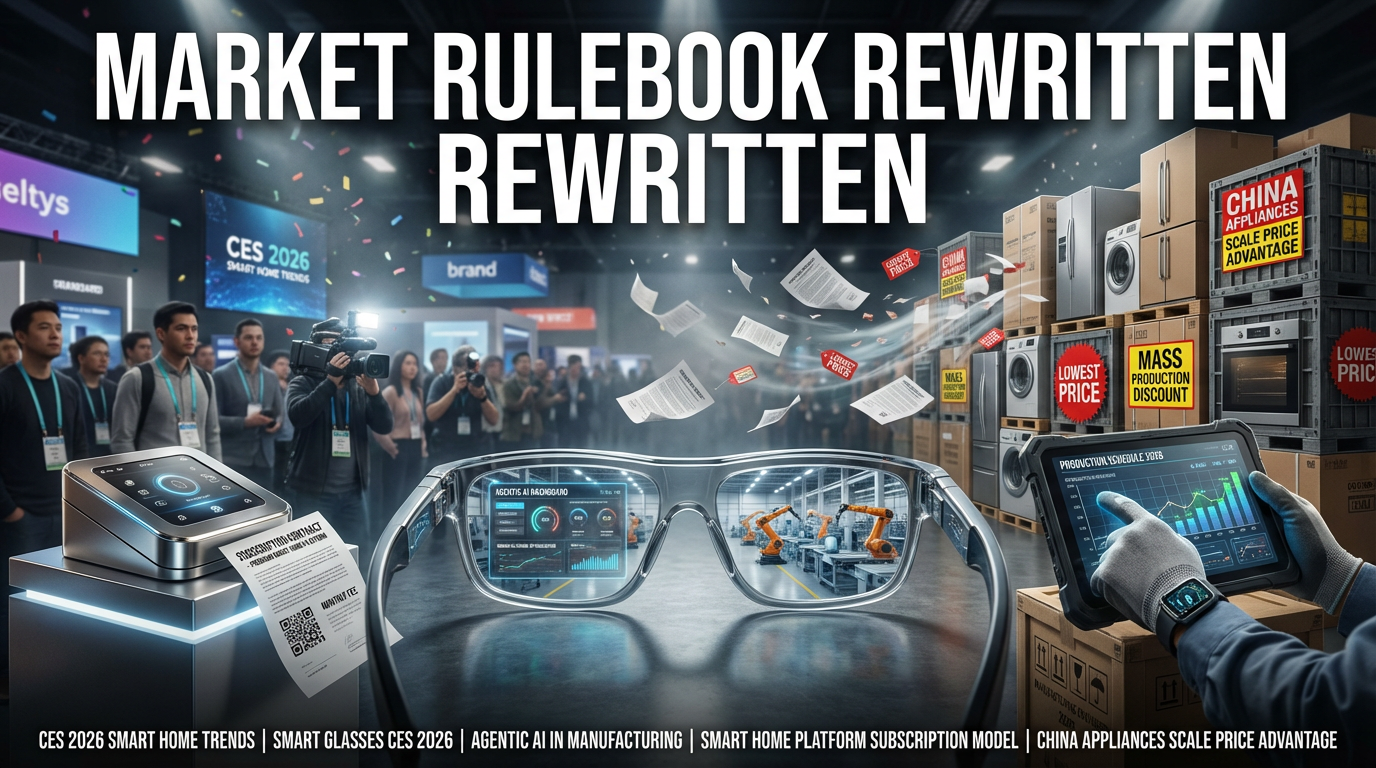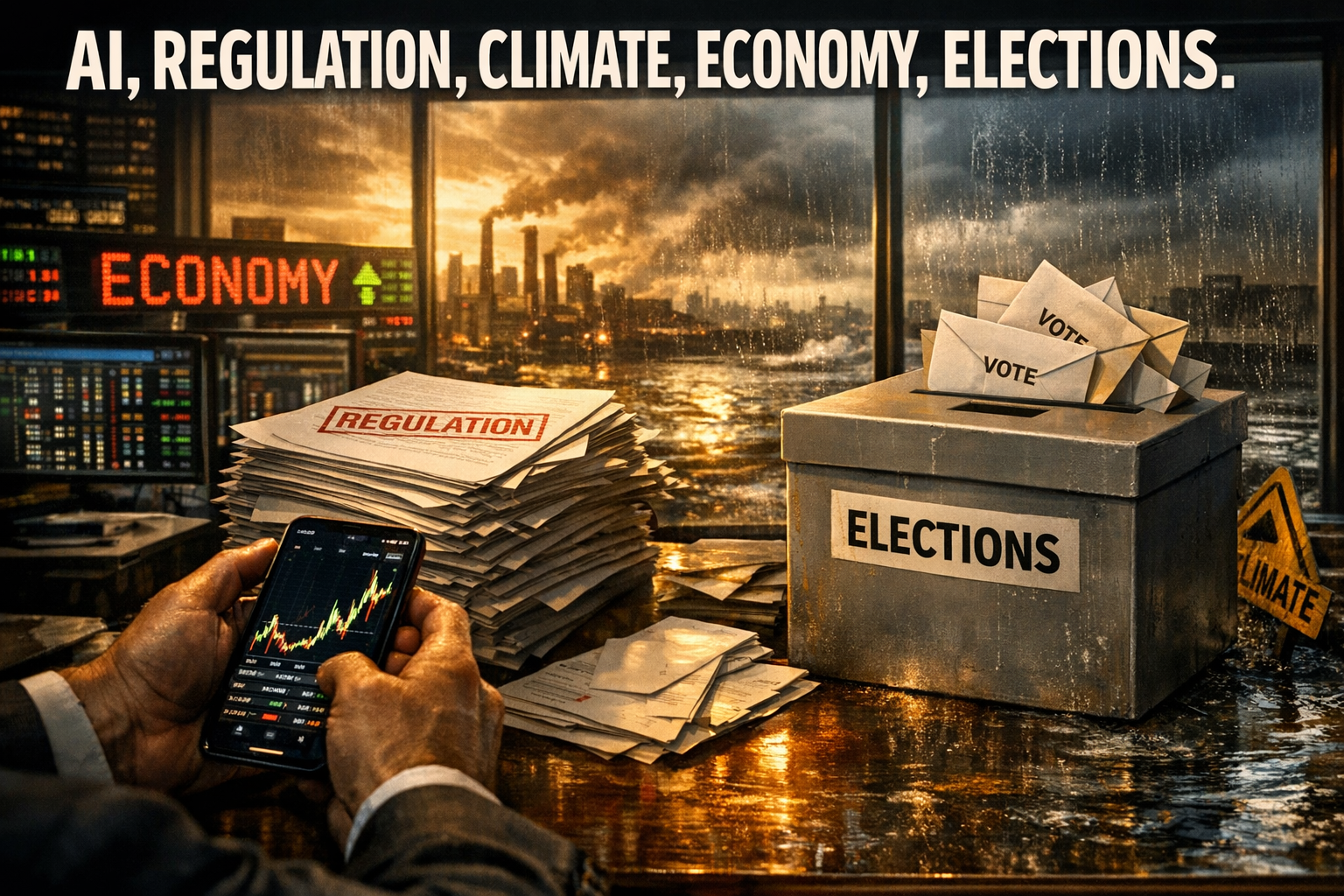Electric Vehicle (EV) Market Faces Potential Shifts Under Tax Credit Repeal
Major EV companies like Lucid Motors, Rivian, and VinFast, alongside legacy automakers, are at risk of decreased sales if the $7,500 federal EV tax credit is repealed by President-elect Donald Trump. These companies widely rely on a leasing loophole to pass on the tax credit, offering competitive leasing deals to consumers.
Reports show that leasing rates for EVs have soared in recent years, with brands like Lucid Air and VinFast VF8 leading the way at 78.1% and 99.5%, respectively. Leasing has become crucial for automakers to use tax credits themselves before transferring the benefits to customers through low payments.
While many EV automakers could suffer under such policy shifts, Tesla CEO Elon Musk has been vocal about minimal reliance on EV tax credits for Tesla’s revenue and believes this could strengthen Tesla’s position further. Regulations at both the state and federal levels remain key variables shaping the EV market.
< Summary >
- Header: Electric vehicle sales could face challenges due to potential tax credit repeal.
- Details: EV startups like Lucid Motors, Rivian, and legacy brands depend heavily on leasing models to utilize the $7,500 federal tax credit. Leasing penetration rates are high across models like Lucid Air (78.1%) and VinFast VF8 (99.5%).
- Key Insights: Trump administration may roll back $7,500 EV tax credits, threatening to slow EV market sales. Tesla’s Musk downplays tax credit impact, showcasing Tesla's strength in reduced reliance on subsidies.
< 핵심내용 요약 >
- 헤더: 전기차 판매, 세액공제 폐지로 타격 예상.
- 세부내용: Lucid Motors, Rivian 등 주요 전기차 제조업체와 기존 자동차 브랜드들이 $7,500 연방 전기차 세액공제에 의존. 렌트/리스 기반 판매모델 비율 증가 – Lucid Air의 리스 비율은 78.1%, VinFast VF8 모델은 99.5%에 달함.
- 핵심 인사이트: 트럼프 행정부의 세액공제 정책 변경으로 전기차 시장 성장 위축 가능성. Tesla CEO 엘론 머스크는 Tesla가 세액공제에 상대적으로 의존하지 않음을 강조하며 긍정적인 시장 전망.


